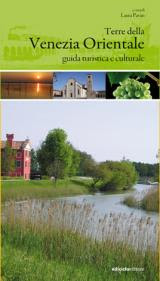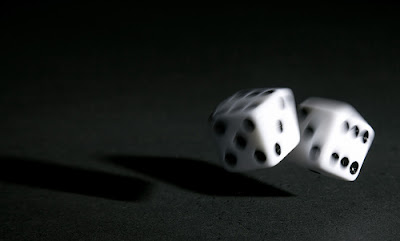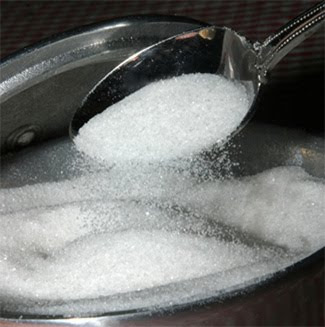 Mine Vaganti, the latest film by Ferzan Ozpetek, opened in the theaters on March 12.
Mine Vaganti, the latest film by Ferzan Ozpetek, opened in the theaters on March 12.The film was received with great favor at the Berlin film festival. It is a coral story and portrays the reactions of a ‘traditional family’ to the son’s unexpected revelation of his homosexuality. Set in the beautiful city of Lecce, among olive trees, “pasticciotti” and the blue sea of the nearby Gallipoli, Mine Vaganti narrates intensely and lightly at the same time a cross-section of Italian society, still intensely homophobic, and fogged by clichés.
Once again, Ozpetek brings on the scene a family, seen as an extended family to include friends as well as blood-related relatives, who care not so much for the sexual orientation of their son, brother and friend, as for his happiness. Once there is happiness, Ozpetek clearly states, everything else is secondary.






 Italian words, that do not come directly from Latin mostly, come from the languages of the populations Italians came in contact directly or indirectly throughout the centuries.
Italian words, that do not come directly from Latin mostly, come from the languages of the populations Italians came in contact directly or indirectly throughout the centuries.
